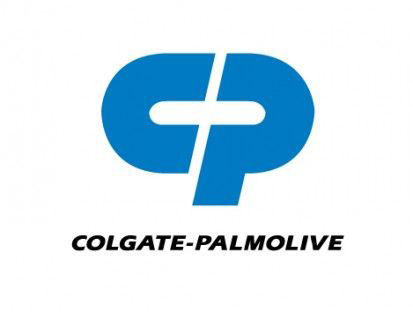
EXPERIENCE DISCOVERY
“The greatest obstacle to discovery
is not ignorance
- it is the illusion of knowledge.”
- Daniel J Boorstin
An Experience Discovery programme is characterized by activity, variety and direction. More specifically, there are six qualities that set it apart from other programme designs:
1. Moderate level of content.
Experiential discovery programmes have a lean curriculum. They concentrate on the critical learning areas – those elements that provide the essential basis on which to build later. When the content level is kept moderate, the facilitator has time to design activities that introduce, present, apply and reflect upon what is being learned.
2. Balance between affective, behavioural and cognitive learning.
Experiential discovery involves a three-pronged approach: fostering attitudes, developing and practicing skills, and promoting understanding of concepts and models behind the subject. Some experience programmes tend to focus on one of these areas to the exclusion of the others but the experiential facilitator wants participants to not only know about something but also to be able to do it. Furthermore, the facilitators want them to look at themselves in relation to what is being taught and consider how it works for the participants.
3. Opportunities for group participation.
Group participation has advantages. Involving the group moves experience from the passive to the active stage. Group activity engages participants in the learning process and makes them working partners with the trainer. Lecturing is held to a minimum as highly participatory methods such as games, role-playing, simulated exercises and case discussions are featured.
4. Utilization of participants' expertise.
Each participant brings relevant experiences to the classroom. Some of these experiences will be directly applicable; others may involve analogies from previous jobs or situations.In either case, much of the learning in an experience programme comes from one's peers. You can build into your design many opportunities for participants to learn from each other.
5. Real-life problem solving.
Experiential discovery emphasizes the real world. Opportunities are set up for participants to utilize course content to address and help solve actual problems that they are currently experiencing. Application is not just something that happens after experience; it is a major focus during experience. Participants learn best when they get to work on their own material, cases and examples. This gives the information immediacy and enables participants to assess its utility on the spot.
6. Allowance for re-entry planning.
At the conclusion of any experience programme, participants will naturally ask, "Now what?" The success of an experiential learning programme is measured by how that question is answered - that is, how what has been learned in the course is transferred to the job or back home. An active experience design ends with consideration of the next steps that participants will take and the obstacles that they will face as they implement new ideas and skills.
In Summary.
The environment of an experience discovery programme is unique and special. It is dynamic, engaging, energetic, fun and rewarding. At the same time it can provide an intense, deep and profound learning experience for its participants. Pathway Learning Academy believes that learning should be an enjoyable process. Experience Discovery has proven itself to be a powerful, successful learning tool that is personally fulfilling, meaningful and fun.













